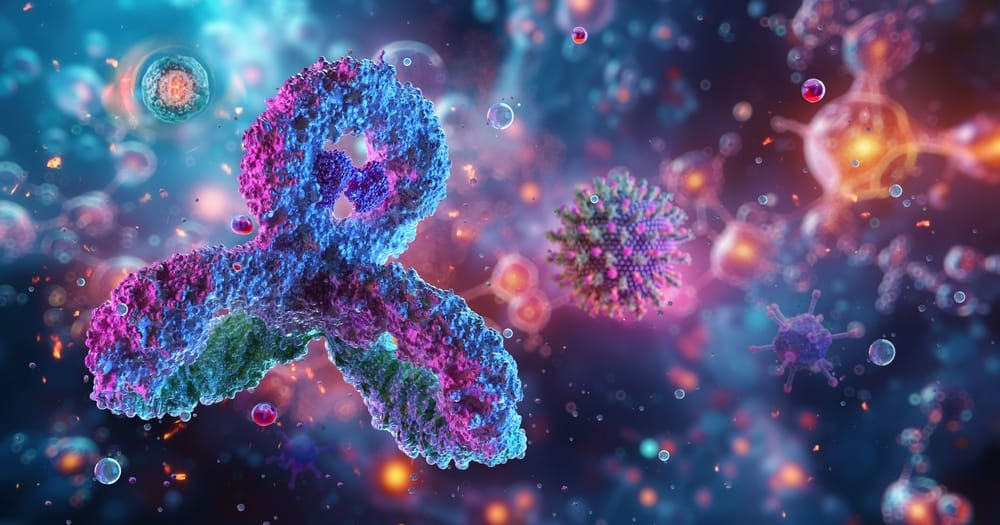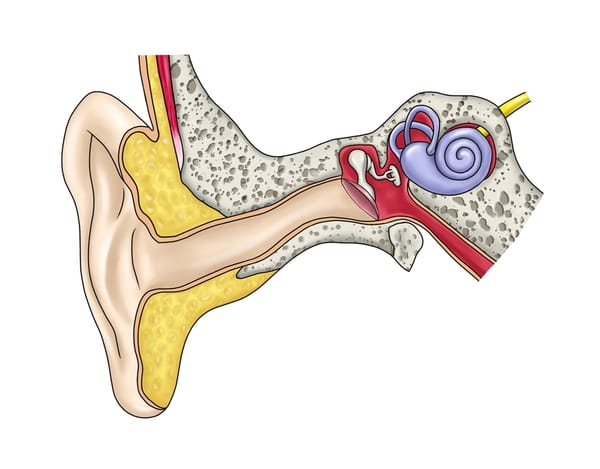Understanding the immune system

The immune system is a complex network of cells, tissues, and organs that work together to protect the body from harmful pathogens and abnormal cells. It is broadly divided into two main types of defences: innate immunity and adaptive immunity.
Innate immunity serves as the body’s first line of defence and is nonspecific, meaning it responds to a wide range of invaders without targeting a particular pathogen. This defence system includes physical and chemical barriers such as the skin and mucous membranes, as well as internal mechanisms like inflammation, fever, and the action of certain immune cells that quickly respond to threats.
In contrast, adaptive immunity is highly specific and develops over time after exposure to particular antigens—unique molecules found on pathogens or abnormal cells. Adaptive immunity involves two key components: humoral immunity and cellular immunity. Humoral immunity is driven by B cells, which produce antibodies tailored to bind specific antigens, neutralizing pathogens or marking them for destruction. Cellular immunity, on the other hand, relies on T cells that identify and destroy infected or transformed cells directly.
Two vital organs involved in the immune response are the thymus and the spleen. The thymus is essential for the maturation of T cells, educating them to distinguish between the body’s own cells and foreign invaders. The spleen acts as a blood filter, removing old or damaged blood cells and providing a site where immune cells can encounter pathogens.
Within the immune system, lymphocytes—which include T cells, B cells, and natural killer cells—constitute the majority of the active immune cells. Supporting these lymphocytes are other specialized cells such as reticular cells, macrophages, follicular dendritic cells, Langerhans cells, and epithelioreticular cells, which provide structural support and aid in immune signaling and antigen presentation.
B cells contribute to immunity by recognizing antigens and presenting them to helper T cells. Upon activation, B cells differentiate into plasma cells that secrete large quantities of antibodies, which circulate throughout the body to neutralize pathogens.
Natural killer cells are unique in their ability to recognize stressed or abnormal cells without prior sensitization. They release cytotoxic enzymes that disrupt the target cell’s internal environment, leading to cell death and the elimination of potential threats.
Together, this coordinated interplay between various immune cells and organs ensures effective protection against infections while maintaining tolerance to the body’s own tissues.
The Boom Health app provides trusted, vetted caregivers that can help meet your loved one’s specific needs. You can have peace of mind knowing that someone is always watching you or your loved one, offering support, and assisting with daily activities. If you are interested in booking care for you or your loved one, download the Boom Health app on the App Store or Google Play Store.
This article is not intended to be a substitute for professional medical advice or diagnosis. Always seek the advice of your physician or another qualified health provider with any questions you may have regarding a medical condition.




